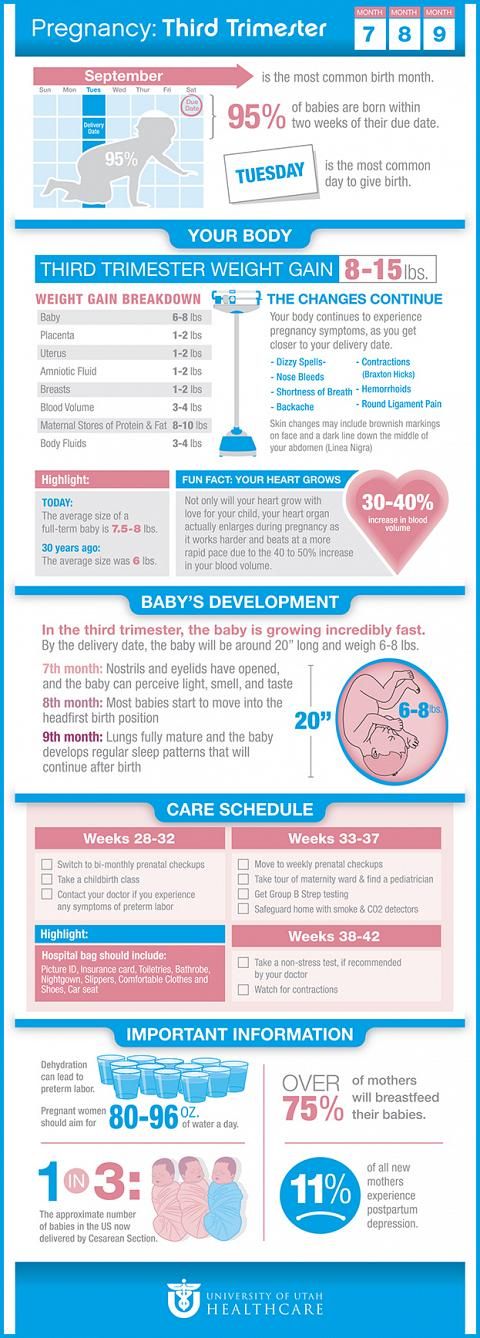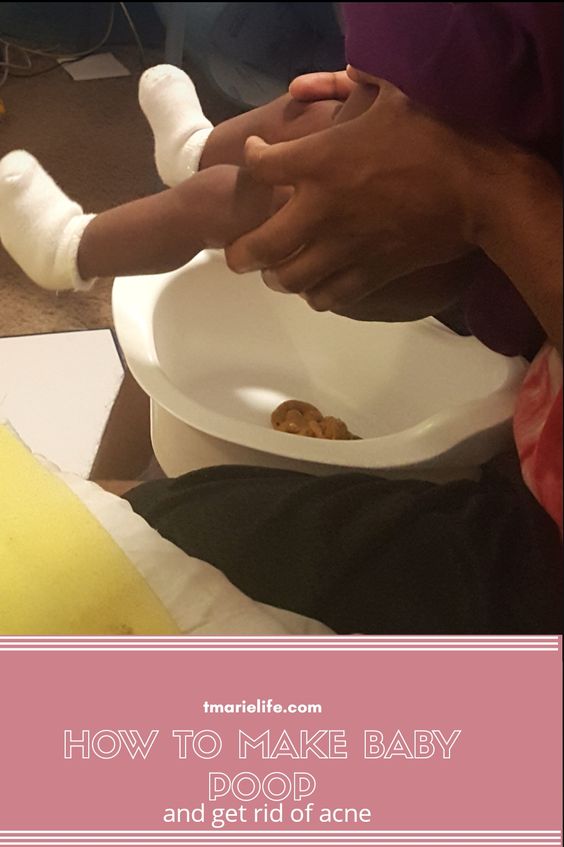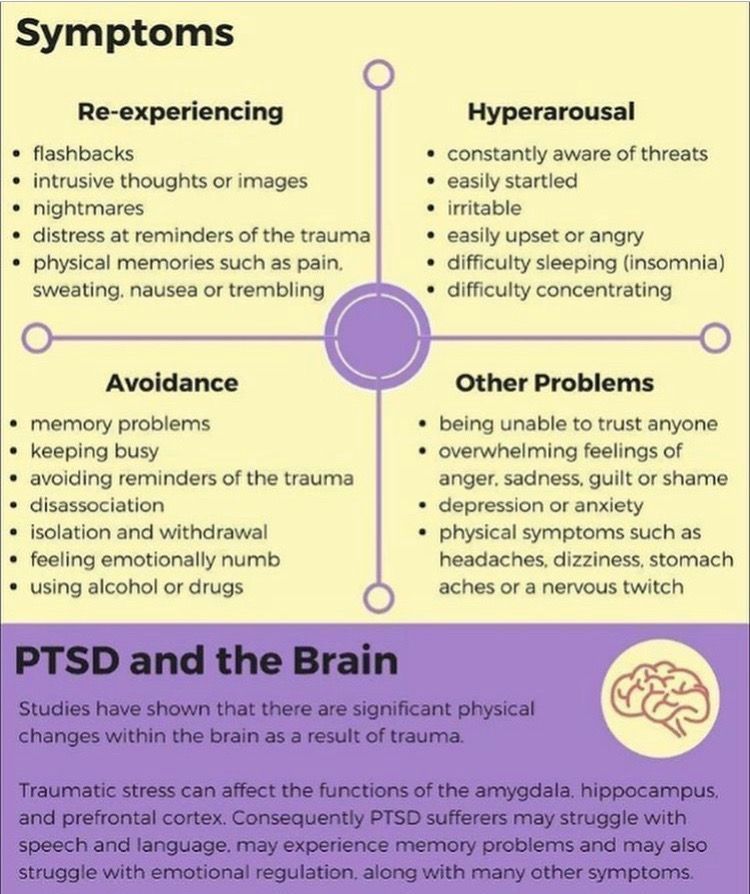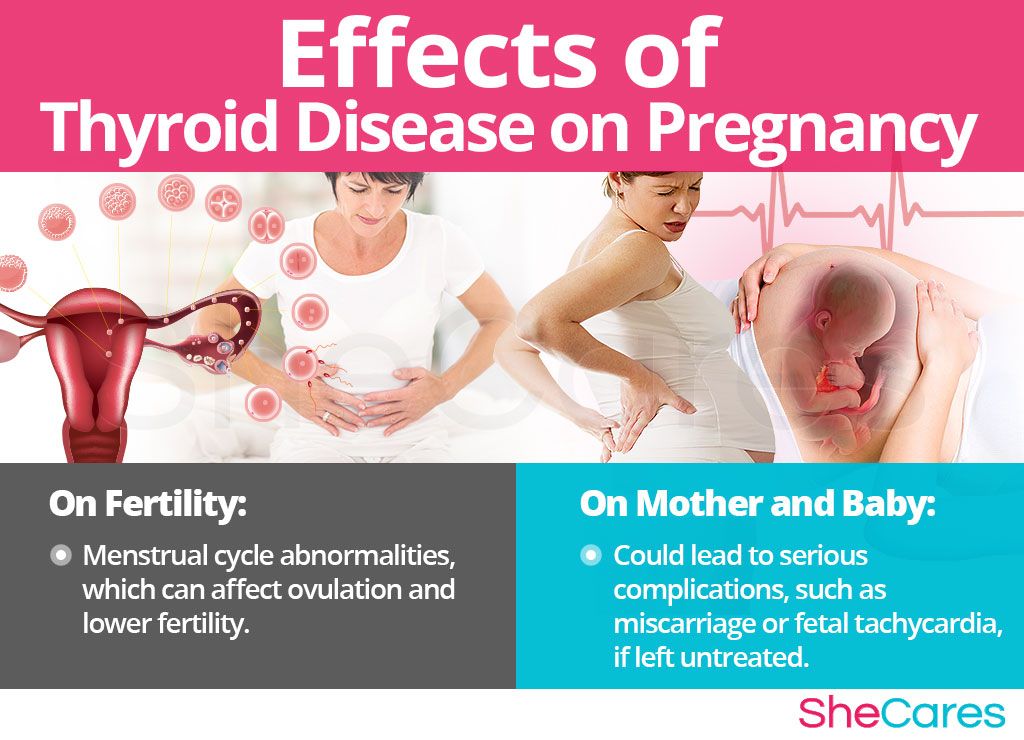How to open a child care
Become a Child Care Center-Based Provider
The survey link below directs you to a voluntary questionnaire that will help determine whether a location is safe from potential environmental contamination. Based on the answers provided, the Texas Department of State Health Services will provide technical assistance and suggestions to help make sure child care centers are safe from environmental contamination.
Take the Questionnaire
The process for getting a permit to operate a child care operation in Texas is designed to protect children by building a cooperative relationship between the Texas Health and Human Services Commission and the applicant. Please become familiar with general requirements, rules and resources before you apply
Step 1 - Attend a Licensed Center Pre-Application Class
Contact your local Child Care Licensing office to get dates for pre-application classes in your area.
To attend the training online, select the Licensed Child Care Center Pre-Application Training on the Provider Training webpage. Once you complete all four training modules you will receive a certificate. You will be required to include this certificate with your application.
Step 2 - Become Familiar with Required Materials and Helpful Resources
You will receive an information packet during your pre-application class. The contents of information packets vary by location but will include supplemental forms to complete the application process, as well as contact information for local Child Care Licensing staff.
Please review the following links to learn more about some of the things you will need to consider when applying to become a child care provider
Licensing Requirements
Licensing regulates child-care offered in center-based and home-based operations. Child care includes the care, supervision, training, or education of an unrelated child or children (13 or younger) for less than 24 hours per day in a place other than the child's own home. There are three types of center-based operations: licensed child-care centers, before or after-school programs and school-age programs.
Background Checks
Certain persons at child-care operations are required to complete a background check, which may include a Central Registry (child abuse and neglect registry), FBI, and a sex offender registry check. Background checks must be completed before a person provides direct care or has direct access to children in care and on a recurring basis thereafter. If a person has a history of abuse or neglect or has a criminal history, then the person may be prohibited from being at a child-care operation.
Minimum Standards
Child Care Licensing develops rules for child-care in Texas. Each set of minimum standards is based on a particular chapter of the Texas Administrative Code and the corresponding child-care operation permit type. Minimum standards are designed to reduce risk for children by providing basic requirements to protect the health, safety, and well-being of children in out-of-home care.
Liability Insurance
Insurance coverage is an important protection for your business. Child Care Licensing requires applicants for a licensed child-care center, before or after-school program, or school-age program to obtain proof of coverage before Licensing issues a permit. Learn more in the Texas Administrative Code.
Child Care Licensing requires applicants for a licensed child-care center, before or after-school program, or school-age program to obtain proof of coverage before Licensing issues a permit. Learn more in the Texas Administrative Code.
Application Materials
Your complete application packet includes the application form, application fee, and other supplemental forms and documents. For example, a Plan of Operation, including policies and procedures, is a document that is a key part of the application for some licensed operations. It requires your time and attention. It is your written plan showing how you plan to comply with minimum standards. For example, it needs to include information about who is responsible for ensuring minimum standards are met at all times, the physical facility, activities, child to caregiver ratios, safety, and sanitation.
Application Inspection
After you submit a completed application, Child Care Licensing staff will conduct an inspection to ensure you and your operation comply with the applicable law and minimum standards.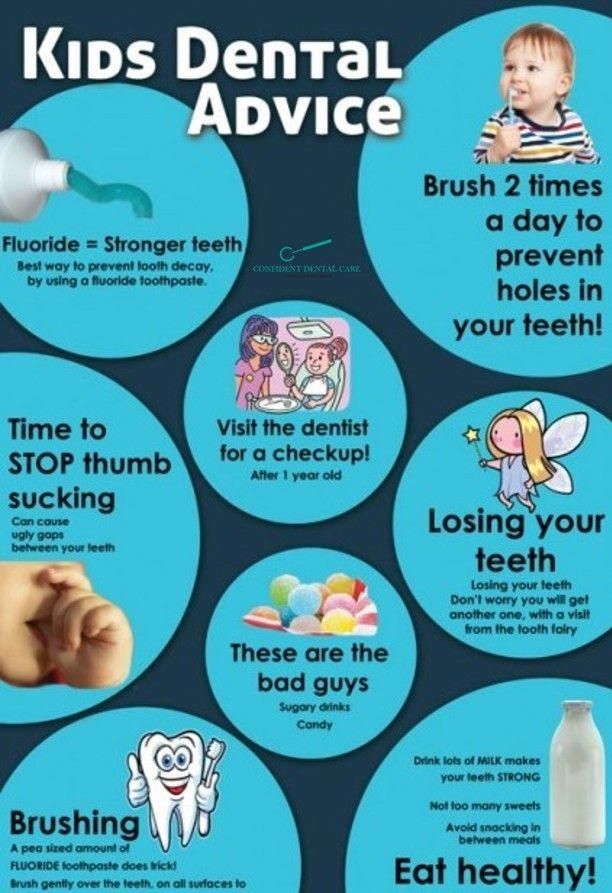 Licensing staff periodically inspects your operation to make sure it continues to meet minimum standards. After you operation demonstrates compliance with minimum standards, Licensing staff will issue you an initial or full license.
Licensing staff periodically inspects your operation to make sure it continues to meet minimum standards. After you operation demonstrates compliance with minimum standards, Licensing staff will issue you an initial or full license.
Technical Assistance
Child Care Licensing staff will assist you every time you need it. We will support you at your pre-application class, at every inspection, over the phone, and on-line. We encourage you to use the forms and documents created for you. Visit the on-line Technical Assistance Library.
Fees
Licensing is required to charge fees for processing applications, issuing permits, and conducting background checks. Licensing also collects an annual fee that is due each year on the anniversary date of the issuance of your license. The money from fees is deposited in the state's general revenue fund.
Compliance History
Information about your operation and its compliance history will be available on our public web site at www. dfps.state.tx.us/Child_Care/Search_Texas_Child_Care/default.asp. It is available to anyone.
dfps.state.tx.us/Child_Care/Search_Texas_Child_Care/default.asp. It is available to anyone.
Zoning, Building Codes and other Legal Requirements
In some areas, you may need to meet zoning, building code, home owner association, and other requirements concerning the location and construction of a child-care operation. These are not licensing requirements, but you may have to meet them before local authorities will perform fire and sanitation inspections.
FAQs
The Frequently Asked Questions page will help you find general topics and specific information on many topics. It helps providers and applicants review policies and learn about recent changes too.
Contact
Contact your local Child Care Licensing Office .
Step 3 - Submit an Application
Complete the application form and send it along with other required forms/documentation to your local Child Care Licensing office.
- Form 2910, Child Day Care Licensing Application
- Form 2948, Plan of Operation for Licensed Center Operations
- Form 2911, Child Care Licensing Governing Body/Director Designation
- Form 2760, Controlling Person – Child Care Licensing
- Form 2985, Affidavit for Applicants for Employment with a Licensed Operation or Registered Child-Care Home
Step 4 - Create a Child Care Licensing Account
Complete Online Registration to create your provider account once Child Care Licensing has accepted your application and has provided you an operation number.
Contact Child Care Regulation | Texas Health and Human Services
Local Child Care Regulation Offices
Please note the child care regulation offices listed below are open Monday through Friday during business hours.
Central Texas Area
Austin
14000 Summit Drive
Suite 100
Austin, TX 78728
512-834-3426
Bryan
3000 E. Villa Maria
Bryan, TX 77803
512-834-3426
Killeen
400 Stefek Drive
Killeen, TX 76542
512-834-3426
San Marcos
1901 Dutton Drive
San Marcos, TX 78666
512-753-2259
Temple
4501 General Bruce Drive
Suite 20
Temple, TX 76502
254-770-2660
Waco
801 Austin Ave.
Suite 400
Waco, TX 76701
254-756-5571
North Texas Area
Abilene
4601 S.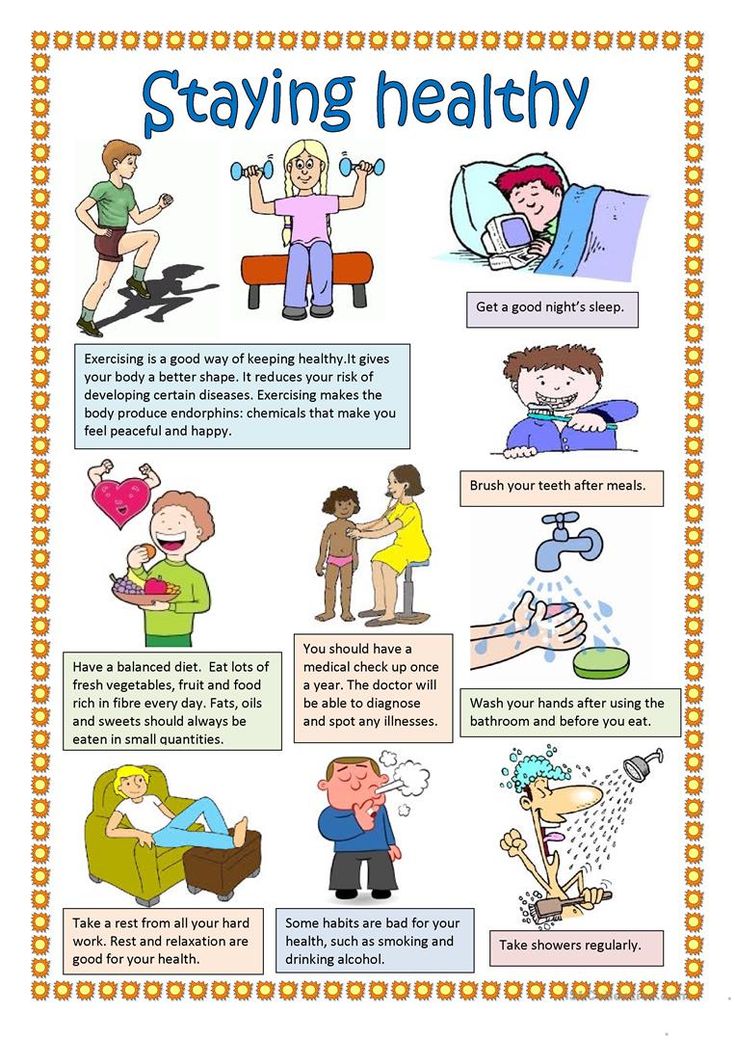 1st St.
1st St.
Abilene, TX 79605
325-795-5545
Brownwood (Mobile Office)
2400 Crockett
Suite 100
Brownwood, TX 76801
325-795-5545
Wichita Falls (Mobile Office)
925 Lamar St.
#1800
Wichita Falls, TX 76301
325-795-5545
Houston Area
Houston
1330 E. 40th
Houston, TX 77022
713-287-3238
East Texas Area
Beaumont
3105 Executive Blvd.
Beaumont, TX 77705
409-730-2424
Longview
2130 Alpine Road
Longview, TX 75601
903-233-5237
Lufkin
1210 South Chestnut
Lufkin, TX 75901
936-633-3745
Texarkana
3115 S. Lake Drive
Suite 120
P.O. Box 6107
Texarkana, TX 75501
903-791-3406
Tyler
3303 Mineola Highway
Tyler, TX 75702
903-233-5237
Metroplex Area
Dallas
8700 North Stemmons Freeway
Suite 104
Dallas, TX 75247
214-583-4253
800-582-6036
Denton
535 S Loop 288
Suite 2001
Denton, TX 76205
940-381-3400
Fort Worth
1501 Circle Drive
Suite 310
Fort Worth, TX 76119
800-582-8286
817-321-8604
Plano
550 E.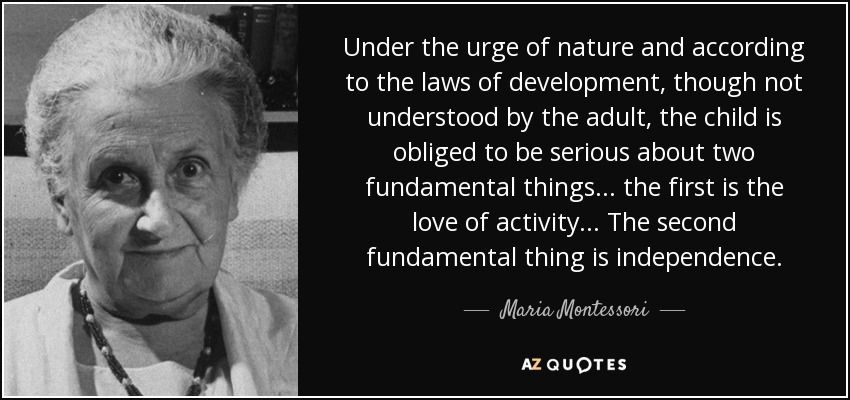 15th St.
15th St.
Suite 120
Plano, TX 75074
469-229-6900 Ext. 6901
Panhandle Area
Amarillo
3521 S.W. 15th St.
Amarillo, TX 79102
806-354-5307
Lubbock
5121 69th St.
A4
Lubbock, TX 79424
806-698-5510
West Texas Area
El Paso
401 E. Franklin
Suite 350
El Paso, TX 79901
915-834-5739
Midland
3401 North A. St.
Midland, TX 79705
432-684-3299
San Angelo
622 S. Oakes
Suite E
San Angelo, TX 76903
432-684-3299
South Texas Area
Corpus Christi
5155 Flynn Parkway
Suite 451
Corpus Christi, TX 78411
361-878-3451
Edinburg
2520 N. Closner Blvd.
Edinburg, TX 78541
956-316-8275
Harlingen
601 W.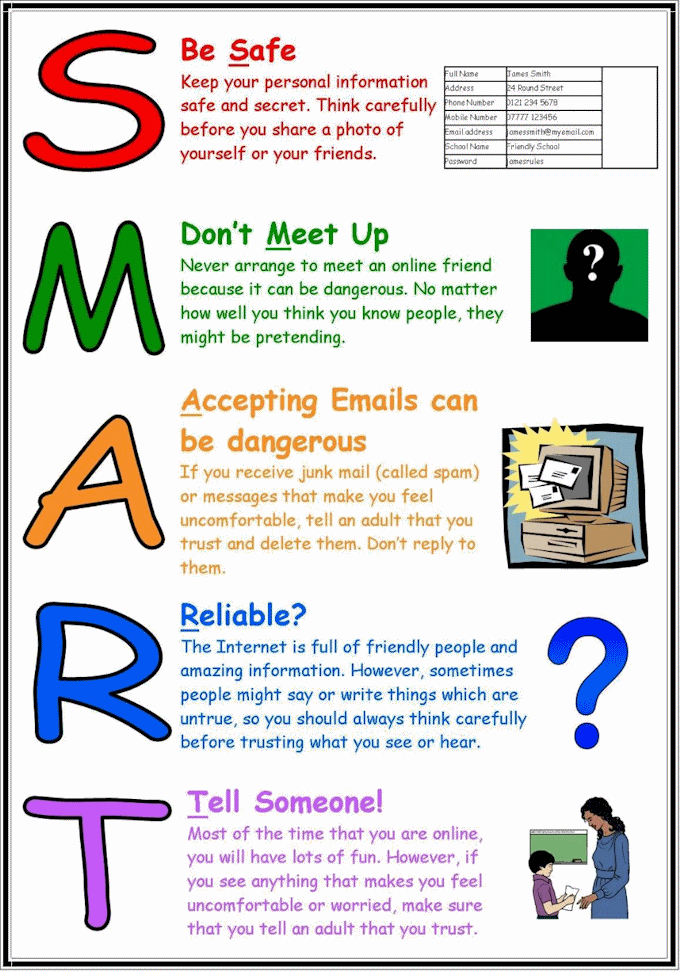 Sesame Drive
Sesame Drive
Harlingen, TX 78550
956-316-8275
Hondo
410 Carter
Hondo, TX 78661
210-337-3399
Kerrville
819 Water St.
Suite 258
Kerrville, TX 78028
830-257-0231
Laredo
1500 N. Arkansas
Laredo, TX 78043
210-337-3399
New Braunfels
115 E. Green Valley
New Braunfels, TX 78130
830-608-3248
San Antonio
3635 SE Military Drive
P.O. Box 23990
San Antonio, TX 78223-0990
210-337-3399
Uvalde
112 Joe Carper Drive
Uvalde, TX 78801
830-591-4343
Victoria
2306 Leary Lane
Victoria, TX 77901
361-574-7416
361-574-7330
Call Child Care Regulation
800-862-5252
For information about child care in Texas, call between 8 a.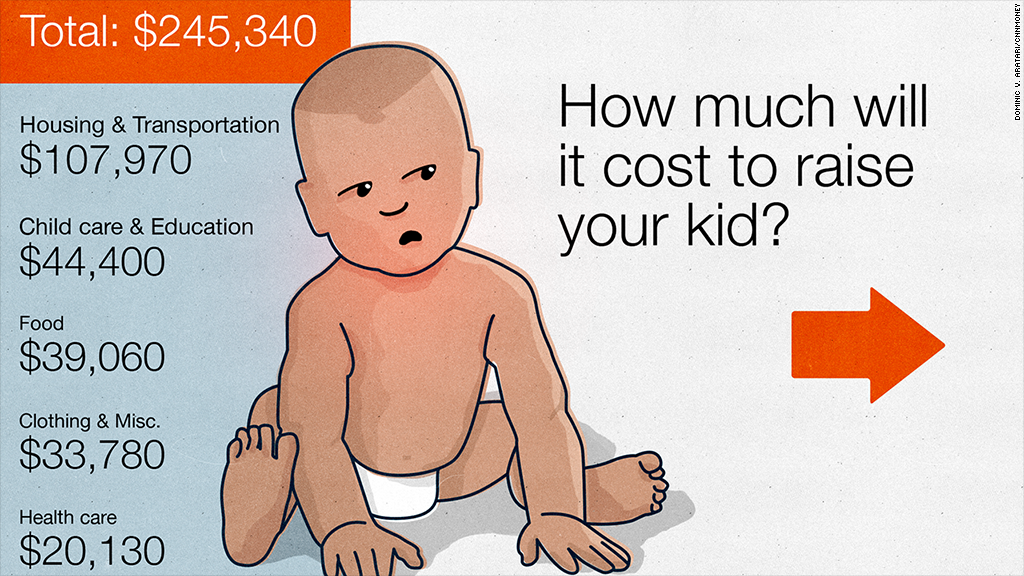 m. to 5 p.m. Central Time, Monday-Friday.
m. to 5 p.m. Central Time, Monday-Friday.
Email Child Care Regulation
Contacts for 24-hour Child Care Operations
Call the office for your region with questions about 24-hour residential child care options. If you are not sure what region you're in, check the "HHS Regions" section of the Find Us page.
| Region | Phone |
|---|---|
| Region 1 (Panhandle) | 806-677-7676 |
| Regions 2 and 9 (West Texas) | 325-691-8254 |
| Region 3 (North Texas) | 817-543-3944 |
| Regions 4, 5 and 6 (East Texas, Southeast Texas, and Houston) | 713-696-7184 |
| Region 7 (Central Texas North) | 512-834-3233 |
| Region 8 (Central Texas South) | 210-304-3958 |
| Region 10 (El Paso and Big Bend) | 361-878-3617 |
| Region 11 (South Texas) | 361-878-3617 |
How to open a private kindergarten: all the pitfalls and nuances
Ideas for homeWhile the kids are sleeping
- Photo
- Shutterstock.com
Is it possible to open a kindergarten right in the apartment
You can open a private kindergarten in almost any room : residential apartment or country house, non-residential premises. However, the space must comply with certain fire safety standards and the requirements of SanPins - from the width of doorways and the length of corridors to ventilation systems and lighting. nine0003
You can use your own or rented premises for the kindergarten. The main thing is to get a conclusion from the Sanitary and Epidemiological Station and Rospotrebnadzor by submitting an application to the controllers.
If you open a kids club or just a developmental center where children will not have lunch and stay all day, you will not have to organize a eating area and sleeping places - there will be less red tape in compliance with sanitary standards. If the kindergarten will work full-time, then the requirements for the premises immediately increase.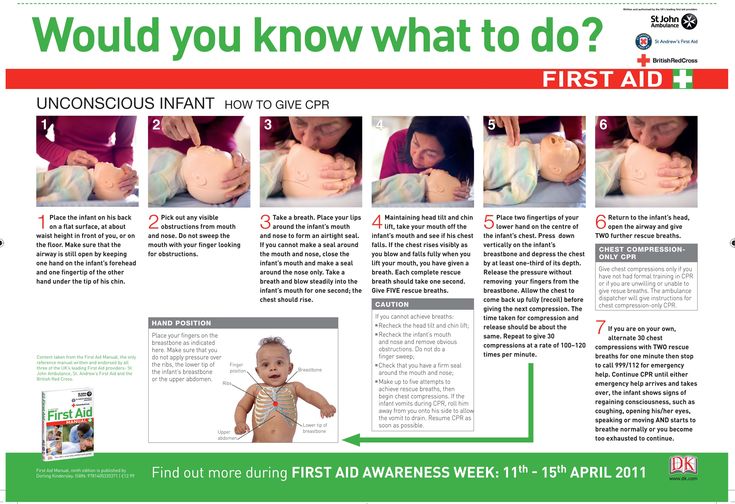 According to sanitary standards, a kitchen and a place to sleep must be equipped if the children are in the garden for more than 4 hours. nine0003
According to sanitary standards, a kitchen and a place to sleep must be equipped if the children are in the garden for more than 4 hours. nine0003
- Photo
- Legion Media
What to consider when choosing a room
There must be at least 2.5 square meters per child. Therefore, for one group of up to 20 children, a playroom of 50 square meters is enough. However, there are certain requirements for equipping bathrooms - they must have at least four toilets and the same number of sinks, there must also be a shower room and a separate bathroom for staff. The eating area must be equipped with furniture and household appliances, there are also certain requirements here. nine0003
It is worth thinking about the geographical location: how densely populated the area is, how many kindergartens are already open. It is better to choose sleeping areas with new large-scale residential complexes, where the solvent population lives.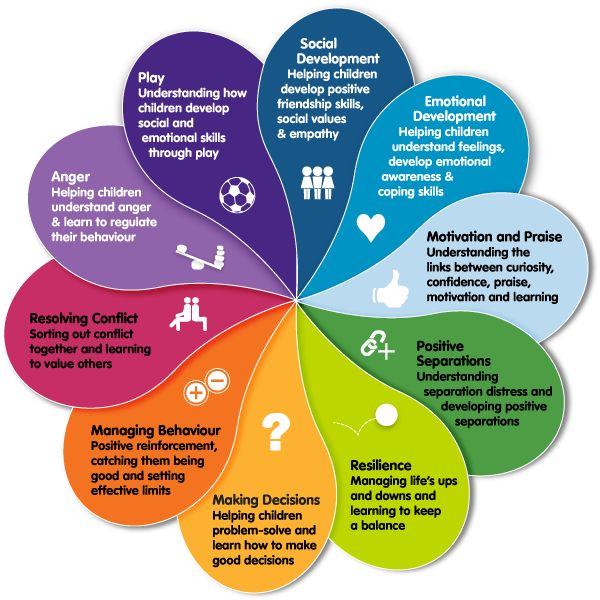 And do not forget about competitors: if 3-5 private gardens are already operating within the area, then your institution is unlikely to be in great demand. It will take a lot of investments, and whether they will pay off depends on whether you can find enough customers.
And do not forget about competitors: if 3-5 private gardens are already operating within the area, then your institution is unlikely to be in great demand. It will take a lot of investments, and whether they will pay off depends on whether you can find enough customers.
You also need to foresee an important point: how your neighbors will react to your business. If someone doesn't like living under the same roof with a childcare facility, they torture you with complaints and initiating checks. Therefore, it is ideal when the garden is organized in a private house. If you plan to open a kindergarten in a high-rise building, notify the residents in advance and find out their opinion - whether they are satisfied with the noise, the increased traffic of strangers, etc.
- Photo
- Legion Media
License for educational activity: is it necessary or not?
Absolutely anyone can open a private kindergarten - it is enough to register as a self-employed citizen or individual entrepreneur. However, it all depends on the purpose of the institution. If you plan to just look after and care for children, then registering a business is easier and no special permits are needed. If educational activities are organized, you will have to obtain a license. nine0003
However, it all depends on the purpose of the institution. If you plan to just look after and care for children, then registering a business is easier and no special permits are needed. If educational activities are organized, you will have to obtain a license. nine0003
An institution without a license for educational activities has no right to educate children and prepare them for school. Only care, walks, games and developmental activities. This is important to take into account when compiling the name and description of the institution, it is better to avoid the wording "kindergarten".
Without a license, you can open an institution in the format of a development or leisure center, a temporary stay group, a child care group. Parents with many children can organize a family preschool group at home - in this case, their children will be at home with other children. In this case, the group must be attached to any state kindergarten (as a rule, at the place of residence). nineHow to open a private kindergarten with a license In addition to paperwork with the registration of a business, the problem of finding and hiring employees will be added. Some entrepreneurs hire caregivers, cleaners and cooks. Some manage only with attendants: if the owner of the kindergarten has a pedagogical education, he can deal with the children himself. It depends on your abilities and the number of children. nine0003
nineHow to open a private kindergarten with a license In addition to paperwork with the registration of a business, the problem of finding and hiring employees will be added. Some entrepreneurs hire caregivers, cleaners and cooks. Some manage only with attendants: if the owner of the kindergarten has a pedagogical education, he can deal with the children himself. It depends on your abilities and the number of children. nine0003
If the kindergarten will work as an educational organization, then it should have its own territory for walking with children. Walking on playgrounds in the courtyards of residential buildings is possible only if the kindergarten operates in the format of a leisure center or temporary stay group.
In order to engage in educational activities, you need to create educational programs for preschoolers, and also confirm that your institution has the logistical capabilities to work with children. A package of documents, together with a sanitary and epidemiological conclusion, is submitted to Rosobrnadzor. An application for a license can be submitted electronically through the State Services portal, it will be considered within 45 working days. nine0003
An application for a license can be submitted electronically through the State Services portal, it will be considered within 45 working days. nine0003
Also remember that children are a huge responsibility. They can fight, get sick, fall, get hurt, ruin things for each other. You will be responsible for all this.
- Photo
- Legion Media
Elizaveta Koroleva
Readers today
Literacy test: do you make mistakes in these New Year's words and greetings?
She matured and became a copy of her father: what does the 15-year-old daughter of Alexander Abdulov look like
Calculate your year: what awaits you in 2023 - forecast by date of birth
Online broadcast and funeral at sunset: 8 features of the burial of Elizabeth II
Benefits for pregnant women and parents in 2023: a complete list of new payments
decision-making.
 — Directory of private kindergartens and nurseries
— Directory of private kindergartens and nurseries Have you opened a home kindergarten? Then we go to you!
“When a home kindergarten opened in our area, not only me, but many other mothers breathed a sigh of relief,” says Svetlana, mother of three-year-old Alina. - I was forced to go to work when my daughter was two years old, a retired neighbor volunteered to “look after” her for a small fee. Of course, I had no complaints about her - the child was supervised, fed, but my heart sank from the fact that Alina spent almost the whole day watching cartoons, did not communicate much with her peers, did not attend developmental classes. Now she only chirps about what plants she and her teacher grow on the windowsill, in which games Alina turns out to be more agile than other children, or what thematic lesson she remembers more than others. nine0003
Why do we need a home kindergarten?
Almost all parents apply to place their child on the waiting list for preschool immediately after receiving his birth certificate.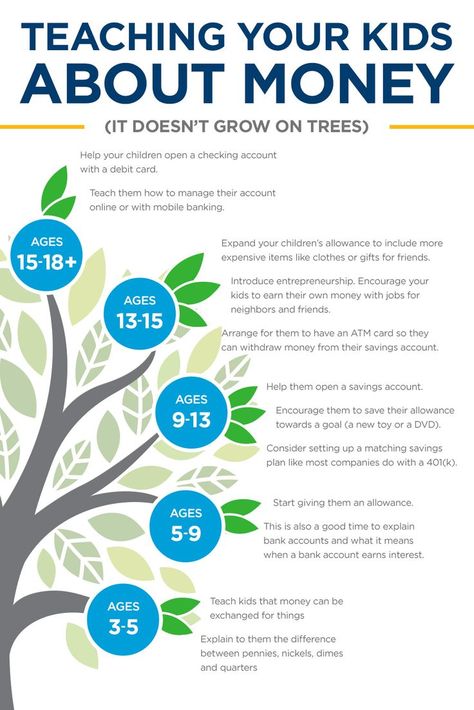 Some mothers, especially concerned that their child will not get a place in a particular institution, agree with the head long before the birth of the baby himself, the price of the issue sometimes reaches the six-month payment for a private kindergarten. But despite these measures, queues for municipal kindergartens are as long today as they were in Soviet times for an apartment or a car. nine0003
Some mothers, especially concerned that their child will not get a place in a particular institution, agree with the head long before the birth of the baby himself, the price of the issue sometimes reaches the six-month payment for a private kindergarten. But despite these measures, queues for municipal kindergartens are as long today as they were in Soviet times for an apartment or a car. nine0003
What to do if a place in a preschool educational institution should appear only by the age of four, and the maternity leave of the mother is paid only up to one and a half years of her child? In such a situation, child care centers or home kindergartens come to the rescue. Sometimes home kindergartens are founded by enthusiastic parents to collectively solve the problem of organizing leisure time for their beloved child. Often, educators for children act in turn, united mothers. A vivid example of this is the story of Irina Vyazemskaya, who not so long ago opened a kindergarten (or rather, it should be called a children's leisure center) at her home.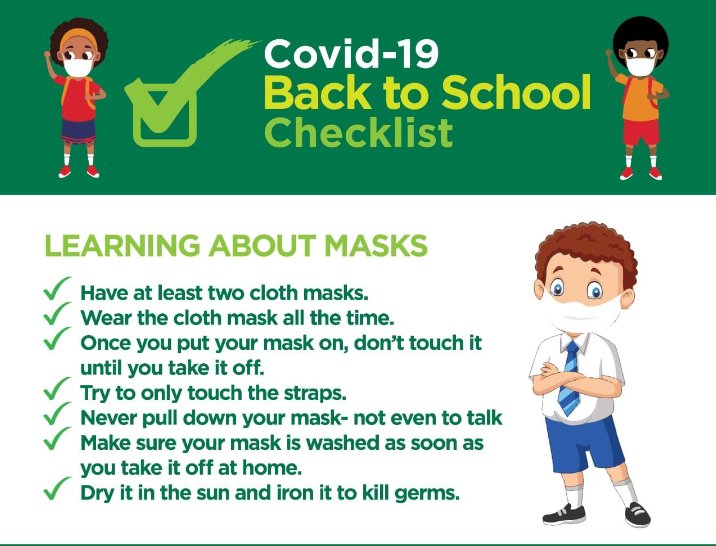 nine0003
nine0003
The idea of creating a home leisure center came to Irina not as a kind of business idea, but rather as a salvation. Irina is a teacher by education, a single mother raising a 2-year-old son. “I, like many mothers, faced the problem of placing a child in a state kindergarten,” says Ira. - Paid maternity leave was coming to an end, and there was no question of going to work: I had no one to leave Mishenka with, my mother worked 5 days a week herself. In order to carve out at least some free time and devote it to work, I came up with the following scheme. Having agreed with my friends who have children of the same age as Misha, I suggested that they take turns looking after our children, for example, today from 10 am to 1 pm all the children play at Olya’s house, tomorrow at Masha’s, and the day after tomorrow at mine. Gradually, I became so involved in the work of a teacher (my pedagogical education came in handy) that I decided to arrange a mini-leisure center for children. nine0003
nine0003
Irina converted one of the rooms in her apartment into a playroom, purchased educational aids for children, and prepared play sessions for children. The first visitors to such a play center were the children of the same friends, but Irina was looking after them for more than a fee. Now there are 5 guys in the group in the first half of the day and 3 in the afternoon.
Recently, this type of home kindergarten, created by amateurs, has been replaced by commercial ones. Such a kindergarten is distinguished by the level of training of educators and the presence of a unique offer. This can be teaching kids according to a popular developmental methodology (many creative centers work according to the methodology Maria Montessori , system Glen Doman , teach reading using Zaitsev's cubes or the Cecile Lupan method), the availability of a special menu for children eating on a special diet. nine0003
Most often, a home kindergarten is a two- or three-room apartment that meets all the requirements of young visitors.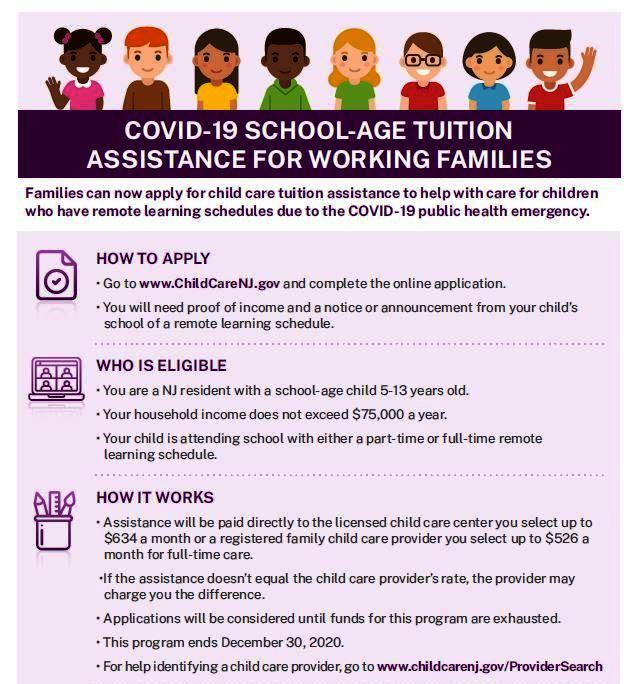 There are: a game room, a bedroom, a kitchen where the guys eat at a large common table, like at home. In home kindergartens, there are also specially equipped sports corners with a wall bar, a horizontal bar, and large gymnastic balls. If a kindergarten is located in a private house, then, as a rule, it has its own playground. nine0003
There are: a game room, a bedroom, a kitchen where the guys eat at a large common table, like at home. In home kindergartens, there are also specially equipped sports corners with a wall bar, a horizontal bar, and large gymnastic balls. If a kindergarten is located in a private house, then, as a rule, it has its own playground. nine0003
The composition of the group usually consists of three to ten people. For each of them, educators promise to find an individual approach, which will help to maximize the development of the child's innate talents.
You have decided to open a home kindergarten, weigh all the pros and cons!
Such a form of employment of children as a home kindergarten in our country is still a novelty, it is not as widespread as, for example, in the United States, but it already has its supporters. As you know, demand creates supply, and this gives confidence that home gardens will take root beneficially on our soil. nine0003
Opening your own home kindergarten is a great idea not only for parents who dream of a permanent income “without leaving home”, but also for private entrepreneurs who plan to try their hand at a new business area.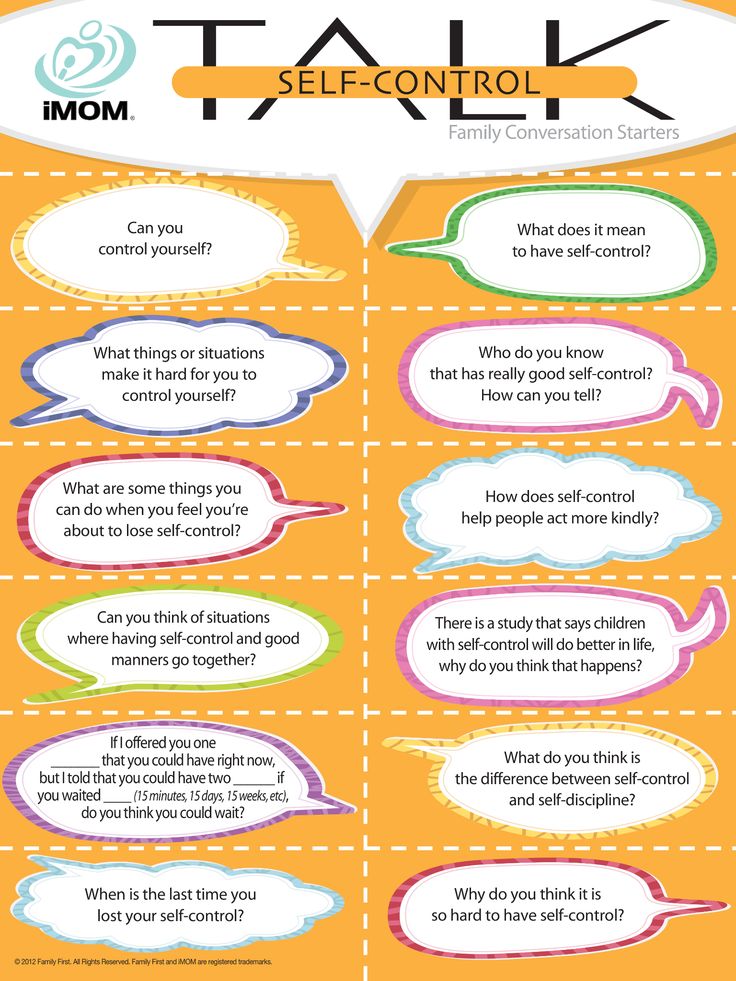
What are the benefits of opening a home kindergarten:
- Your own child is supervised, you have the opportunity to find educators for him and a good company of children, you will be sure that he receives quality food. nine0122
- This is a demanded and profitable activity with relatively low costs and low risks.
- You will have the opportunity to prove yourself as a private entrepreneur, director, manager, educator, learn time management, and therefore grow professionally.
- Formally, in order to open a home kindergarten, or rather a childcare center, you only need a work permit and contracts with parents. nine0122
Home kindergarten is an excellent alternative to public and private kindergartens, but this business has its own nuances that should be considered in advance. For example:
- lack of own playground. Most often, children are either indoors or taken out for a walk in the nearest park or square;
- subject to renting a room (if you do not own an apartment that can be converted), the very next day a crowd of disgruntled neighbors may appear at your doorstep complaining about the noise.

